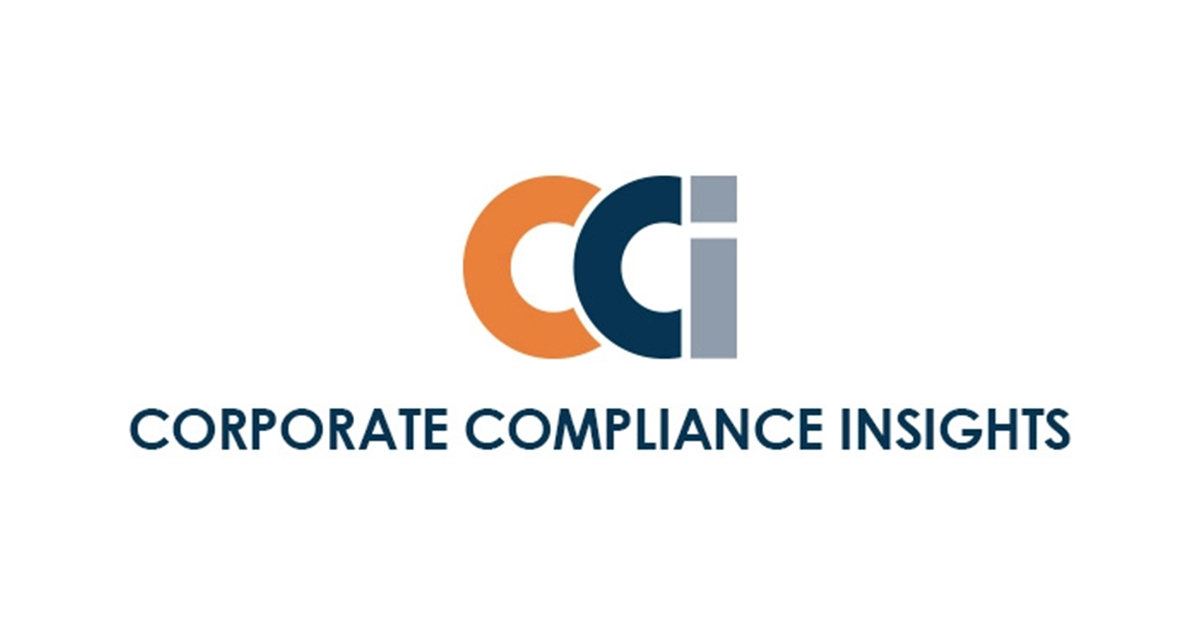In the wake of the June 2023 Supreme Court decisions that effectively eliminated affirmative action in college admissions, workplace DEI efforts have encountered significant setbacks. Despite these challenges, one unwavering truth remains: the need for allies has never been more crucial. During our recent thought leadership webinar, “Post-Ruling Realities: Advancing DEI & Allyship in the Workplace,” we explored this evolving landscape, offering invaluable insights and strategies. If you missed the session, I highly recommend watching the recording here.
As we navigate these post-ruling realities, it’s crucial for us to take a hard look at the current landscape of DEI initiatives. We need to elevate allyship within our organizations and offer practical guidance on how leadership can take a proactive approach to advance DEI efforts. Let’s dive into the key areas discussed within the webinar to better understand how we can continue to push DEI and allyship forward in our workplaces.
The Current Landscape of DEI Initiatives
The Supreme Court’s decision sent shockwaves through organizations, leading many to reassess their DEI programs and initiatives. Some states even banned DEI programs in publicly funded institutions, which created ripple effects in workplaces nationwide. The economic slowdown only added to the complexity, causing companies to cut DEI roles and funding.
And yet, despite these challenges, many organizations are doubling down on their DEI efforts. Leaders recognize that fostering an inclusive workplace isn’t just the right thing to do—but embracing diverse perspectives ensures a wider range of ideas and solutions are considered, ultimately driving the company towards greater success and resilience. By staying committed to DEI, organizations can navigate these turbulent times and continue to support their diverse workforce. As Jessica Caspe, Director of Training, Inclusion & Engagement at Employment Practices Solutions, says, “When people feel more respected and valued at the workplace, they are better employees. It has a positive impact on morale, teamwork and overall performance.”
Bringing Allyship to the Forefront
Allyship plays a crucial role in advancing DEI within organizations. It requires active listening, empathy and a firm commitment to action. Those in positions of power can uplift individuals who lack the same advantages and amplify the voices of underrepresented groups, creating a more inclusive and supportive workplace culture. And one practical way to elevate allyship is through storytelling.
In our webinar, Jessica highlighted, “Reflecting on examples where you have been an ally or have received allyship can deepen our understanding and commitment to these crucial actions.” When personal experiences of allyship are shared, it can inspire others to take similar actions. And encouraging employees to share their stories fosters mutual support and inclusivity within the workplace.
Overcoming Leadership Hesitancy
Securing leadership support for DEI initiatives can be challenging. But presenting a compelling business case for DEI can break through that resistance. Research consistently shows that diverse and inclusive workplaces outperform their less inclusive counterparts. By highlighting the tangible benefits of DEI—like improved employee engagement, retention and innovation—you can persuade leaders to invest in these crucial initiatives.
Additionally, training and coaching leaders on the importance of empathy and allyship can transform leadership styles to be more inclusive. Empathetic leaders who actively listen to and support their employees not only boost morale but also drive engagement and innovation, making it a win-win for everyone involved.
Practical Guidance for Supporting DEI Efforts
It’s so important to create spaces where employees can share feedback and experiences with your organization. Regular engagement surveys and open forums offer valuable insights into the workplace climate, so you can identify areas that are doing well and need improvement. When we address this feedback with concrete actions, it shows a genuine commitment to continuous improvement and inclusivity.
Another way to reinforce the importance of DEI and allyship is to consider integrating it into performance evaluations and leadership development programs. Recognizing and rewarding inclusive behaviors encourages employees at all levels to prioritize DEI in their daily interactions. This approach not only highlights the value of inclusivity but embeds it into the fabric of your organization.
The Path Forward
While the Supreme Court’s ruling presents challenges, it also offers an opportunity to reaffirm our commitment to DEI and allyship. By focusing on practical strategies, fostering a culture of support and securing leadership buy-in, we can continue to advance these critical efforts. This is our moment to double down on our values, ensuring that inclusivity and allyship remain at the forefront of our organizational priorities. Let’s turn this challenge into a catalyst for meaningful change.
As we move forward, let us remain steadfast in our dedication to creating inclusive and equitable workplaces. I encourage you to book a demo and see how HR Acuity can support your DEI initiatives and view the recording of this recent webinar for more insights.
Together, we can navigate these post-ruling realities and continue to champion DEI and allyship in our organizations.


